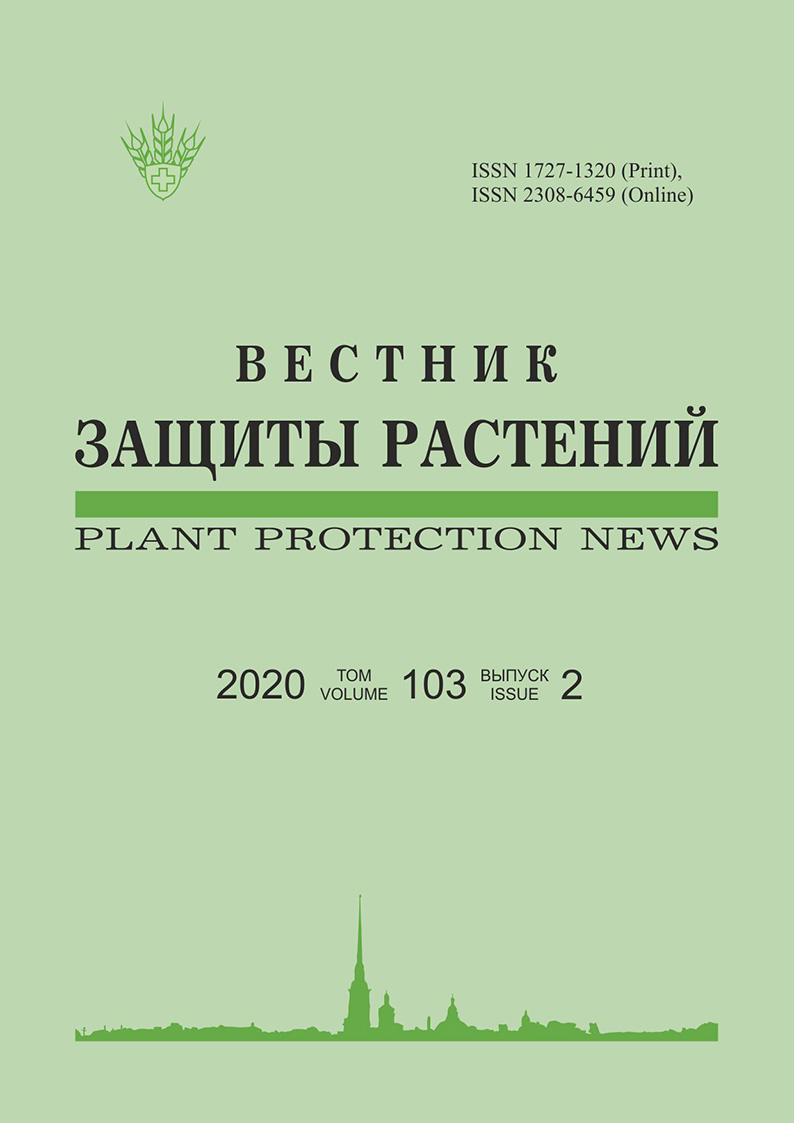Heterologous expression of two acetylcholinesterases of colorado potato beetle Leptinotarsa decemlineata in bacteria Escherichia coli and production of form-specific antibodies
Keywords:
Colorado potato beetle, Leptinotarsa decemlineata, acetylcholinesterase, heterologous expression, polyclonal antibodies, immunoblottingAbstract
The Colorado potato beetle Leptinotarsa decemlineata is a widespread pest of plants of the Solanaceae family. Huge economic loss caused by L. decemlineata around the world is multiplied by its ability to develop resistance to all major insecticide classes. Previously, such resistance was found to be associated with mutations in the target enzyme LdAChE2, orthologous to Drosophila melanogaster acetylcholinesterase. However, discovery of the second form of L. decemlineata acetylcholinesterase LdAChE1 has changed this view. In order to compare the role of two acetylcholinesterase forms in the Colorado potato beetle physiology and in pest resistance to insecticides, gene copies were cloned and their heterologous expression in bacteria E. coli was followed by production of polyclonal antibodies against the recombinant proteins. Immunoblotting with produced antibodies demonstrated the absence of cross-reactivity, a lower content of LdAChE1 in the tissues of L. decemlineata adults compared with the second form, and the association of LdAChE2 with membranes. Further immunoaffinity purification of natural enzymes from the beetle tissues as well as their heterologous expression in insect cell cultures should help to evaluate the role of each form in physiology of the pest and in its resistance to insecticides.



